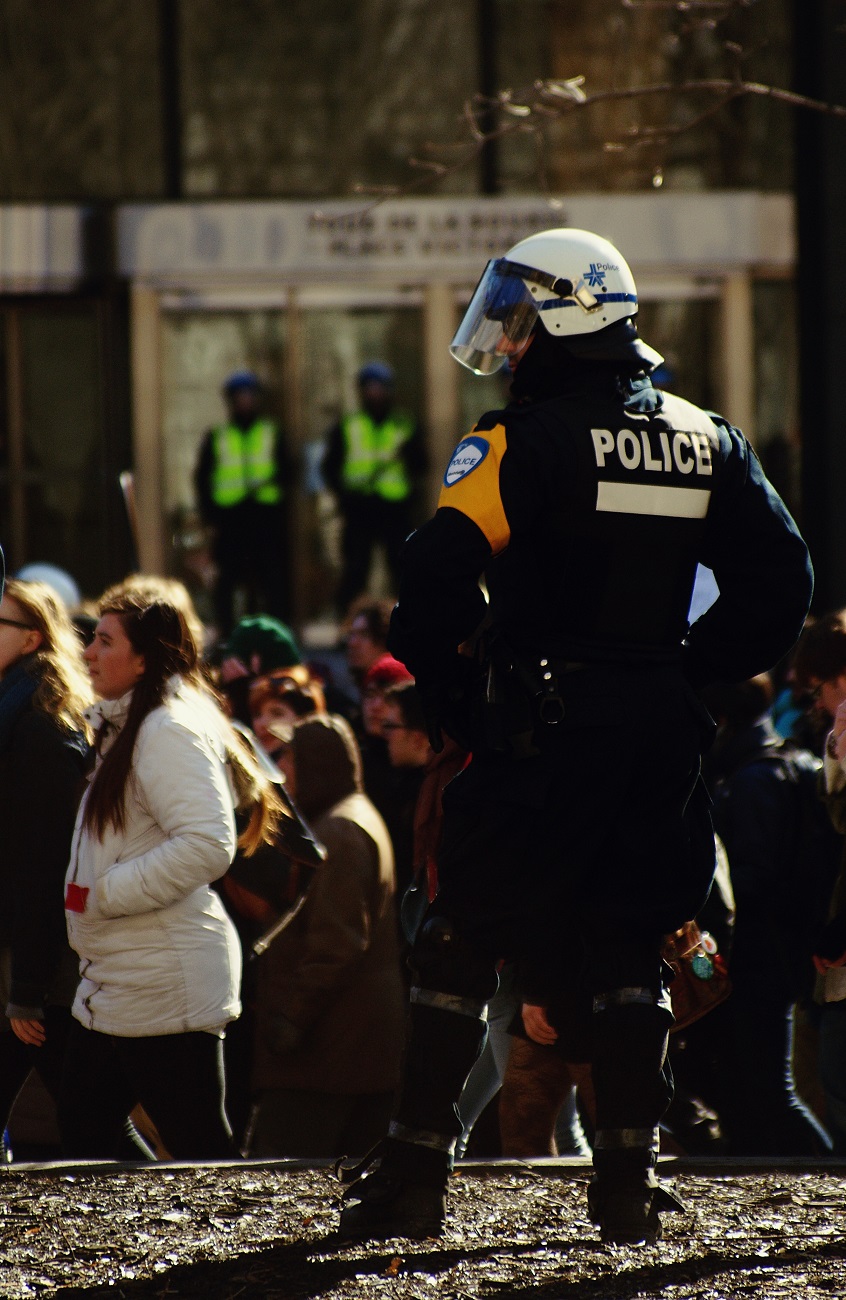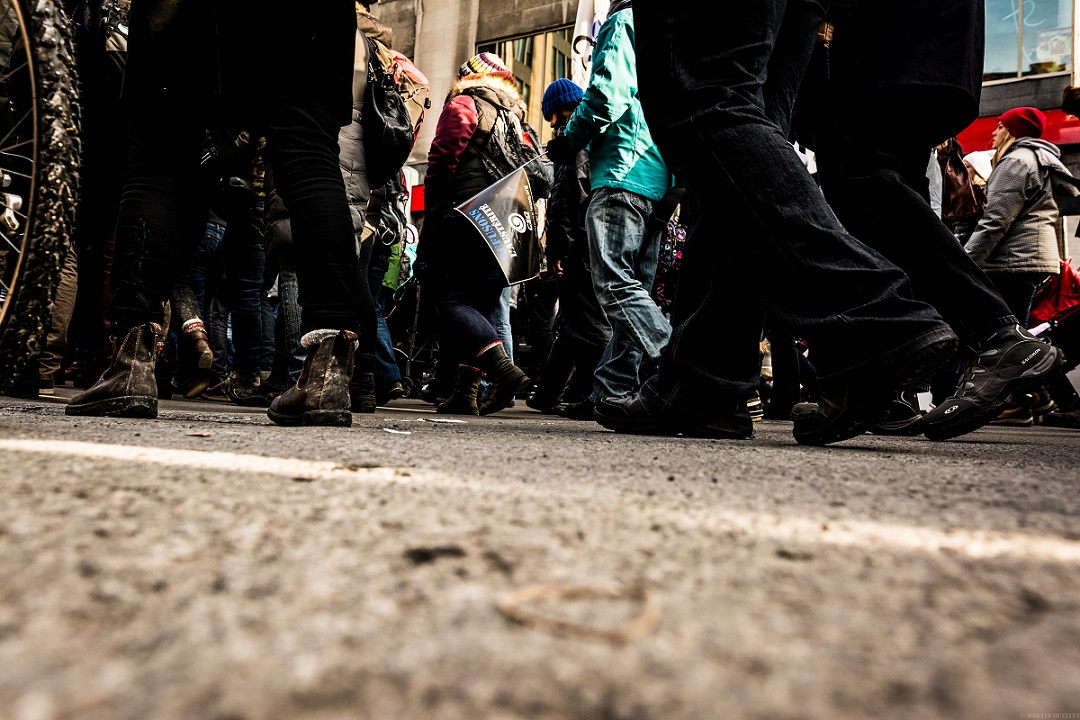The people, victims of unemployment and social insecurity due to lack of housing, health and education, are like castaways grasping at the first tree branch they find: that political leader who adopts a salvationist discourse, scorns democratic institutions, prefers the law of force to the force of law and invokes God as his ally.

Frei Betto
The truth is that the greater the economic instability, social insecurity and sense of fragility, the more the electorate tends to prefer “Rambo” type candidates. Between order and freedom, they opt for the former. And between security and democracy, the same goes for the former.
One need only look at the history of Germany between the 1920s and 1930s to see that social insecurity (in a highly educated nation) made the wind blow in favour of Hitler’s rise.
In Israel, Benjamin Netanyahu’s new right-wing policy of reducing the power of the judiciary is supported by the alleged Palestinian threat and constant attacks on West Bank camps. In France, waves of protest against the new social security law and now the murder by a policeman of 17-year-old Nael, politically benefit Marie Le Pen, a far-right leader.
In Brazil, it was the 2013 demonstrations and the economic crisis that made Bolsonaro’s election in 2018 possible. Authoritarian projects rely on the instructions on liquid medicines: “Shake before use”.
Clara Mattei, professor of economics, author of “Capital order: how economists invented austerity and paved the way to fascism“, defends the thesis that austerity opens the way to fascism.
The author cites the examples of Mussolini, Trump and the current Italian prime minister, Giorgia Meloni, as effects of economic austerity.
She says: “For capitalism to work, the majority of people must be disempowered and precarious and dependent on the market. That’s what austerity does. It takes resources away from wage earners, who are the majority, and gives them to a minority whose wealth comes from estates and rents.”

She adds: “We must stop idealising capitalism as a system that can be reformed and has the flexibility to incorporate our needs, and realise that capitalism has rigid limits. It is a system that only grows and produces for profit, and that requires austerity. It wasn’t just spending cuts; it was, first of all, social spending cuts, regressive taxes. Then there was an increase in consumption taxes, as we still see today all over the world: more taxes on individuals and less on the rich and corporate groups, or on wealth”.
The unemployed and frightened (“probetariado”) prefer the law of force to the force of law. And this necrophiliac policy benefits from digital networks, which tend to isolate people and instigate them to consume, and which exacerbate violence.
The 16-year-old teenager responsible for the massacre at a school in Aracruz (ES) in November 2022 told police that he had learned how to use weapons on the internet. Seven months later, in Rio, domestic servant Isabella da Silva Oliveira, 19, also admitted that she learned on the internet how to handle weapons to kill her employer, Lilson Braga, 66.

This culture of hatred and resentment, so propagated by the extreme right, can only be combated by social policies that reduce social inequality, strongly condemn all kinds of prejudice and promote the political education of the popular classes, including the decolonisation of the biblical message. PL
(Translated by Cristina Popa – Email: gcpopa83@gmail.com) – Photos: Pixabay












.jpg)












